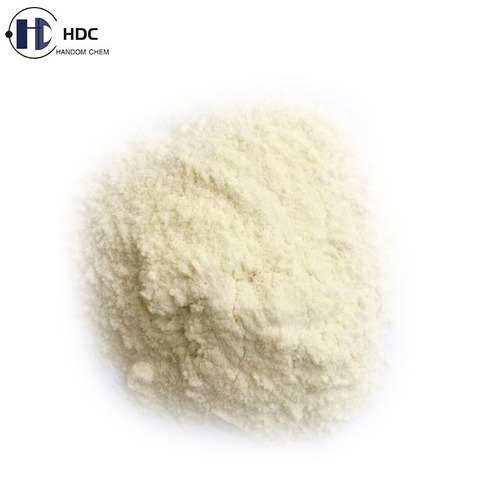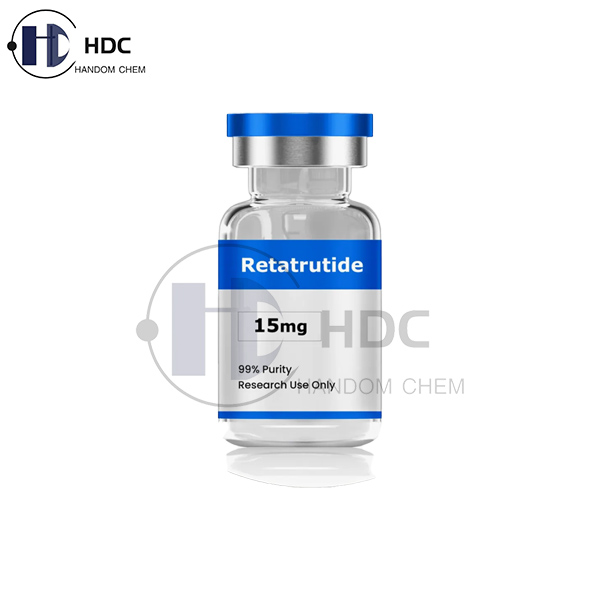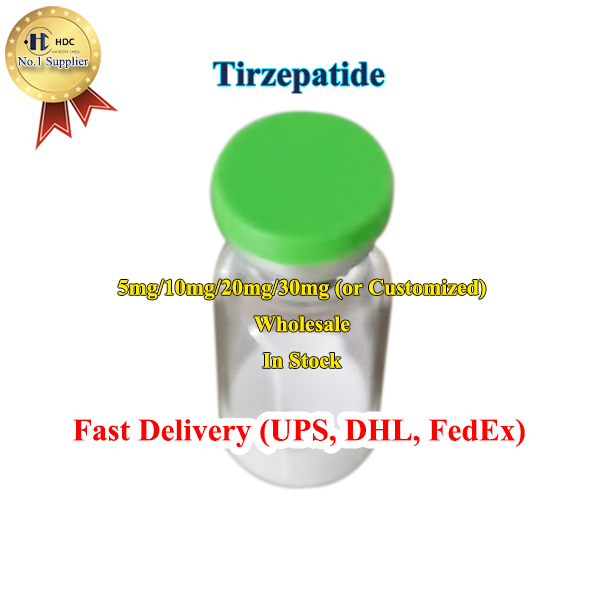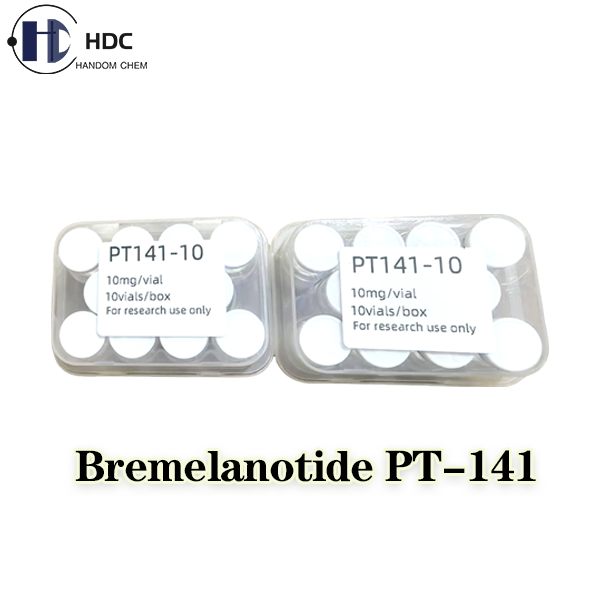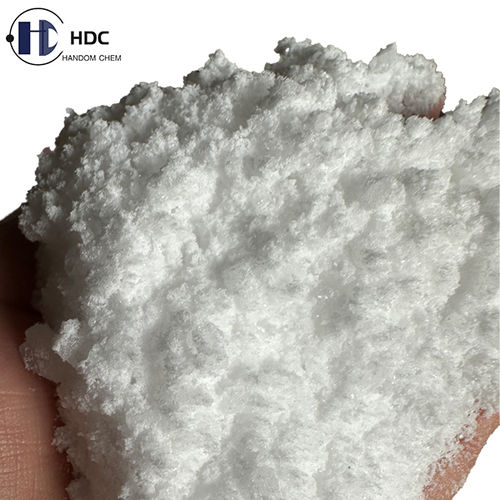Most Popular Products
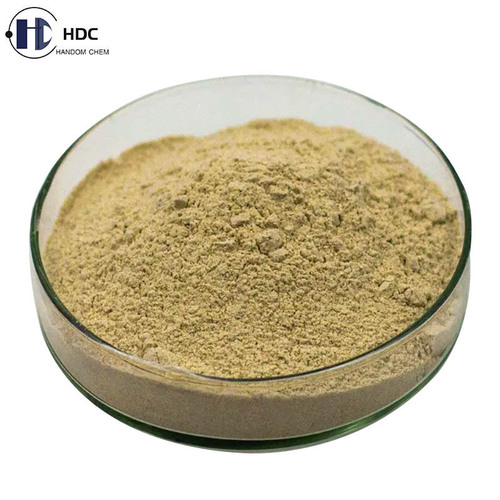
Bacillus Thuringiensis
5.00 - 10.00 USD ($)/Kilograms
Product Details:
- Shelf Life 24 Months
- CAS No 68038-71-1
- Molecular Formula C22H32N5O16P
- Ph Level 6.0 ~ 7.5
- Taste Other
- Properties Bacillus thuringiensis has the advantages of specificity, high efficiency and safety for humans and animals. It is non-toxic to crops and does not harm bees and other insects. Low toxicity, slow insecticidal speed, no residue.
- Poisonous NO
- Click to View more
X
Bacillus Thuringiensis Price And Quantity
- 5.00 - 10.00 USD ($)/Kilograms
- 25 Kilograms
Bacillus Thuringiensis Product Specifications
- 24 Months
- 614-245-1
- Other
- Microbial Pesticides
- Bacillus Thuringiensis
- 3002590000
- Bacillus Thuringiensis is a microbial pesticide that can be used in agriculture and forestry. It has good control effects on lepidopteran pests and pine caterpillars.
- 09 mg/ml
- 68038-71-1
- Not less than 32000 IU/mg, not less than 16000 IU/mg or not less than 8000 IU/mg
- Other
- 6.0 ~ 7.5
- C22H32N5O16P
- Off-white to tan loose powder, no lumps
- NO
- Room Temperature
- Bacillus thuringiensis has the advantages of specificity, high efficiency and safety for humans and animals. It is non-toxic to crops and does not harm bees and other insects. Low toxicity, slow insecticidal speed, no residue.
- Other
- Agricultural Grade
- Irregular
- Powder
Bacillus Thuringiensis Trade Information
- Shanghai or Beijing
- Paypal, Letter of Credit at Sight (Sight L/C), Telegraphic Transfer (T/T), Western Union
- 5000 Kilograms Per Month
- 7 Days
- Yes
- If order is confirmed we will reimburse the sample cost
- 25 Kilograms per Cardboard Drum.
- Asia, Australia, Central America, North America, South America, Eastern Europe, Western Europe, Middle East, Africa
- All India
- ISO
Product Description
Bacillus thuringiensis is currently the most widely used microbial insecticide. Its main insecticidal component is the toxin protein in parasporal crystals. Among them, the relative molecular mass of the protein that is toxic to Lepidoptera is 130,000.Tell us about your requirement

Price:
Quantity
Select Unit
- 50
- 100
- 200
- 250
- 500
- 1000+
Additional detail
Mobile number
Email
Other Products in 'Specialty Chemicals' category
 |
DALIAN HANDOM CHEMICALS CO.,LTD.
All Rights Reserved.(Terms of Use) Developed and Managed by Infocom Network Private Limited. |

